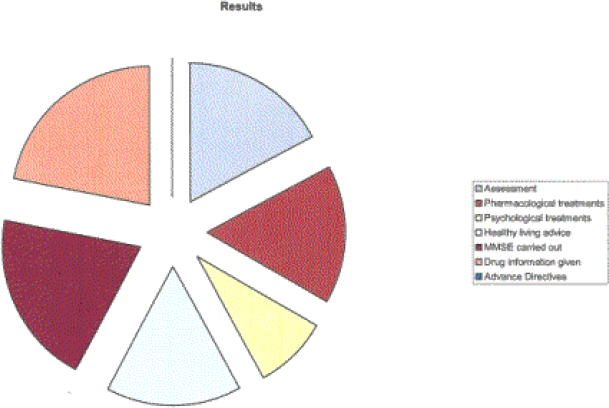No CrossRef data available.
Published online by Cambridge University Press: 17 April 2020
Bipolar affective disorders contribute significant mortality and morbidity in the management of mental disorders in developed and developing countries. A recent review reported 12- month estimates of approximately 1% (range 0.5% - 1.1%). The current practice reveals large variations in the standards of care delivery with non existent protocols in third world countries. National Institute of Health and Clinical Excellence (NICE, United Kingdom) has developed guidelines that dictate the best practice in the management of Bipolar disorder in England and Wales.
We compared local adherence to and uptake of NICE guidelines for Bipolar affective disorders (supposedly the best practice).
To feedback Managers and practicing psychiatrists in the local trust about the shortcomings in the best practice as per national guidelines.
We reviewed the clinical notes of nearly one-third of all the service users diagnosed with Bipolar Affective Disorder (ICD code F31) in a rural county in England.
The need to discuss pharmacological options with the patients to help make them an informed choice as well as offering psychological treatments and life style advice were the most deficient areas of practice. We plan to reaudit the practice to document changes in practice.

Comments
No Comments have been published for this article.